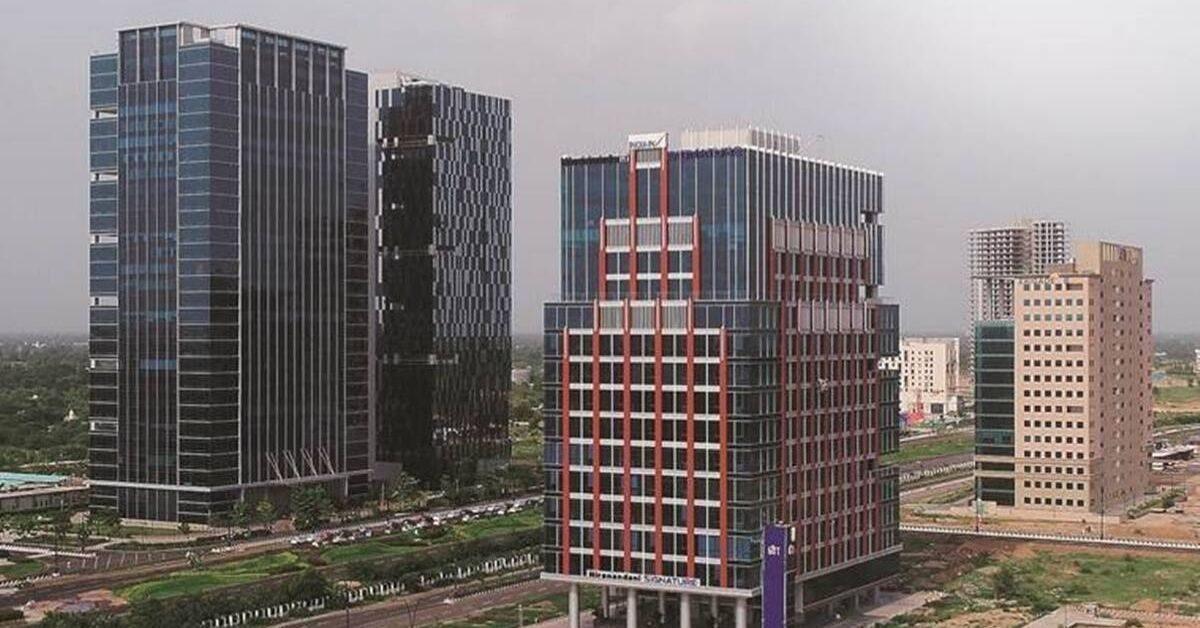Twelve private economic zones in Bangladesh have received good responses from investors drawing investment proposals involving $4.27 billion from local and foreign entrepreneurs in the past six years.
At least 70 per cent of the sum has already been invested in the zones, set up as part of the government initiative to establish 100 economic zones across the country as it looks to accelerate industrialisation, create jobs and cut poverty.
The commercial production at more than 20 industrial units in the private economic zones, including Meghna City, Abdul Monem, and Bay has begun and they are exporting goods, according to the sources at the Bangladesh Economic Zones Authority (Beza).
Another 35 industrial units are under construction and they are expected to go into production within one and a half years.
Automobile, chemical, pharmaceuticals, light engineering, hospital, plastic, edible oil and food-processing are among the sectors that have attracted investment proposals.
Three zones of Meghna Group of Industries (MGI) located in Narayanganj and Cumilla have wooed investment proposals worth $1.48 billion. Most of the amounts have already been invested.
MGI itself has invested $550 million to set up seven factories and developed infrastructures in Narayanganj and Cumilla. The industries were inaugurated yesterday.
Of the seven, Meghna PVC Ltd, Meghna Foil Packaging Ltd, Sonargaon Solar Energy Ltd, and Meghna Bulk Bag Industries Ltd are already operational.
The foundation stone laying ceremony for the rest three — Cumilla Economic Zone Ltd, Meghna Glass Industries Ltd, and Meghna Re-rolling and Steel Mills Ltd – took place yesterday.
“We are working for the country’s people to create new jobs and prosperity of Bangladesh,” said Mostafa Kamal, chairman and managing director of MGI, one of the conglomerates in Bangladesh, at the ceremony.
“As per our commitment, we have already generated around 3,000 jobs in seven factories and infrastructures.”
According to the Beza, 36,602 jobs were created in the private economic zones.
The City Economic Zone, owned by City Group, has attracted investments worth $1.6 billion, Beza sources said. A total of 14 factories will be set up in the zone located in Rupganj of Narayanganj.
At the zone, four factories are operational and three are carrying out trial runs.
“The City Economic Zone is already occupied,” said Paban Chowdhury, adviser of City Group.
The group’s other zone Hoshendi Economic Zone, located in Munshiganj, received $452.79 million worth of investment proposals.
“We are also going to confirm a big investment from Korea in the readymade garments sector,” said Chowdhury, also a former chairman of the Beza.
At the economic zone, City Seed Crushing Industries will produce edible oil and soymeal, the raw material used to make poultry feed. City Polymers will manufacture 10 lakh polybags daily.
Abdul Monem Economic Zone Ltd, situated in Gazaria of Munshiganj, has targeted to set up eco-friendly garments and textile, electronics, ICT, food processing, plastic, furniture, pharmaceuticals, and light engineering industries.
Bangladesh Honda Private Limited, a joint venture of Honda Motor Company Limited of Japan and Bangladesh Steel and Engineering Corporation, has invested in the zone and begun marketing bikes made in the factory.
AK Khan Economic Zone in Narsingdi is setting up the industrial enclave on the bank of the Shitalakshya with an inland container terminal. It aims to bring port facilities to the doorstep of industries.
The development of the Sirajganj Economic Zone is going on in full swing.
A consortium of 11 companies is developing the zone on 1,041 acres of land in the northern district. Once completed, it will be the country’s largest private economic zone and is expected to generate around five lakh jobs.
The zone’s authority has already allocated land to 18 investors, said Sheikh Monowar Hossain, project director of the zone.
The companies include Apex Footwear, Continental Garments Industries (Private), Dynamic Dredging, MK Chemical Industries, Ratul Fabric, Active Composite Mills, Rising Holdings, Rising Spinning Mills, Jessore Feed, Square Accessories, and Square Electronics.
Nitol Niloy Group is developing the Kishoreganj Economic zone on 91.63 acres of land in the Pakundia upazila of Kishoreganj. The zone is near the Bhairab-Kishoreganj highway.
Once established, the group expects to provide jobs to 2,000 people initially. The number of jobs generated will go up to 20,000 in five years.
“India’s Tata Group is interested to set up an automobile manufacturing factory to cater to the growing demand for automobiles in Bangladesh,” said Abdul Matlub Ahmad, chairman of the group.
The site designing and demarcation have been completed and investment will soon start pouring in, he noted.
Nitol Niloy Group, the local partner of Tata, has a target to produce 2,000 pickup vans a year at a factory built at a cost of Tk 800 crore.
“Some investments are coming in the light engineering and other sectors. In all, the economic zone is expected to receive an investment of Tk 2,000 crore,” said Ahmad.
A hospital and a shoe factory are going to be set up in the zone.
“Private investors are very smart and understood the value of investments,” said Paban Chowdhury.
He suggested not to discriminate between private and public economic zones as both will contribute to the country’s economic development, reducing poverty and employment generation.
Like public economic zones, investors in private zones enjoy duty-free import of raw materials, construction materials, capital machinery and finished goods and a tax holiday for 10 years.
Five government-owned economic zones have received investment proposals amounting to $22.17 billion against 177 projects.







